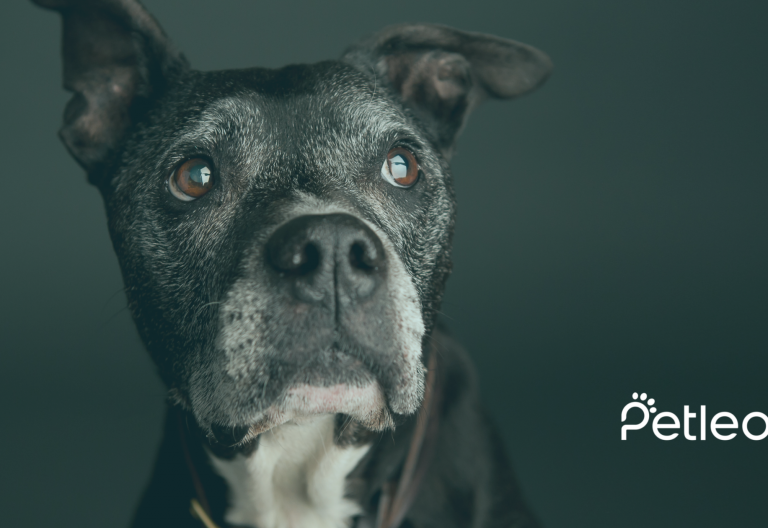According to StiKoVet, only half of the dogs and 1/3 of cats in Germany have adequate vaccine protection. These rates should be at least 70% to prevent infectious diseases from becoming epidemic diseases. With this article, you will learn everything you need to know about your pet’s vaccination schedule.
Why should I get my cat/ dog vaccinated?
Safe → Vaccines do not cause death or disease. It may have some side effects, but it is minimal.
Protective → Protects against diseases and/or reduces the severity of the disease.
Has long-term effect → The effect lasts long after the first immunization vaccines.
Cheap→ Compared with the treatment of the disease vaccination is much cheaper.
What is a vaccine?
A vaccine is a substance that given to humans or animals by weakened or killed microorganisms causing disease. With vaccines, your dog/cat’s immune system learns how to fight against that microorganism. Thus, they will not be ill or the course of the disease will be milder. Since the effect of the vaccine decreases over time, the effect of a booster vaccination is increased again.
What vaccinations should my dog / cat have?
The vaccination schedule recommended by StIKo-Vet contains only the vaccines required. This means that dogs should always be protected by vaccination against diseases that make themselves ill and transmit to humans (zoonosis ).
For dogs these vaccines are:
Distemper
HCC (Hepatitis Contagiosa Canis)
Leptospirosis
Parvovirus
Rabies
Besides, depending on the needs of your dog and the epidemic of the disease, your veterinarian may recommend vaccination against Lyme, Leishmania, Fungus or Bordetella (Kennel cough) (1).
For cats, the core vaccines are:
Feline panleukopenia (Feline parvoviral enteritis)
Feline Respiratory Disease Complex (Rhinotracheitis + Calicivirus)
Rabies
In addition to these vaccines, there are also vaccines that your veterinarian can recommend according to your cat’s individual needs. These vaccines include Bordetella, Chlamydia, Feline Infectious Peritonitis (FIP)/ FCoV, Feline Leukemia Virus (FeLV) and fungal vaccines (2).
These vaccines may be present in combination in a single flask or separate flasks according to the manufacturer of the vaccine.
When should my dog/cat begin to be vaccinated?
Your dog and cat should be vaccinated at 8 weeks of age. If there is a disease outbreak in the area where your dog lives, some vaccines (eg. Parvovirus, Distemper) can be started at 6 weeks of age.
For Rabies vaccination, the minimum vaccination age is 12 weeks for both cats and dogs.

Why do kittens and puppies get multiple vaccinations?
Newly born kittens and puppies have immune protection that passes from their mother to them. These substances pass to the body both through the placenta and with the first milk (colostrum) of the mother. However, this immunity decreases over time, and the puppy/ kitten is open to external diseases.
That’s when the vaccine comes in. Since it is not known exactly when the mother’s immune substances disappear, a second vaccine should be given 3-4 weeks after the first vaccination.
Another reason for a second vaccination is that both the level of immunity and the duration of immunity increase further with the second dose of vaccine.
Why should my cat/ dog be revaccinated after the first vaccinations are over?
Properly vaccinated cats and dogs will continue to immunity for about 1 year. This period is both individual and varies according to the contents of the vaccine. Your cat/dog should get booster again since the protection of the vaccine has decreased. This will increase the protection level and duration again.
Your veterinarian will advise you of the frequency of vaccinations required, taking into account the individual needs of your cat and dog, the way of life and the outbreaks in your area.
Does the vaccine make my dog/ cat sick?
In common cases, weakness may occur for 1-2 days after vaccination. In case weekness period is prolonged, you should consult your veterinarian.
In rare cases, some cats and dogs may exhibit an allergic reaction to the vaccine or the preservative it contains. This reaction can begin 1-2 minutes after vaccination or 1-2 hours later. In this case, you should consult your veterinarian.
Vaccination provides a high level of protection, nevertheless, this rate is not 100%. Keep in mind that some vaccines provide protection against diseases, and some vaccines reduce the symptoms of the disease. With regular vaccination, you can protect your pet, other animals and yourself.
With using the PetLEO vaccination calendar never miss your pet’s vaccination and help us creating a disease-free environment.
The vaccines recommended by the PetLEO vaccination schedule are based on the recommendations of StikoVet.
References:
1- https://m.tieraerzteverband.de/media-smile/docs/smile-az/impfempfehlungen/ stıkovet-Impfempfehlehlehlung-Hund_03-17.Pdf
2- https://m.tieraerzteverband.de/media-smile/docs/smile-a-z/impfempfehlungen/StIKoVet-Impfempfehlung-Katze_03-17.pdf


